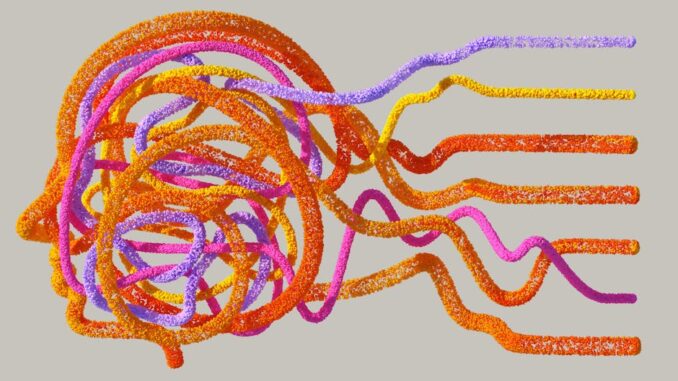
Summary
New AI software analyzes stroke patient brain scans twice as accurately as current methods, potentially enabling faster and more accurate emergency treatment. This technology pinpoints stroke timing and assesses the potential for successful treatment, ultimately benefiting patient outcomes. This advancement promises to significantly improve stroke care by increasing the number of patients eligible for effective treatments.
** Main Story**
AI Revolutionizes Stroke Care: Brain Scan Analysis Reaches New Heights
Artificial intelligence (AI) is rapidly transforming medicine, and a recent breakthrough in stroke care highlights its immense potential. New AI-powered software analyzes brain scans with remarkable accuracy, exceeding current methods and paving the way for faster, more effective treatment. This innovation marks a significant step forward in combating stroke, a leading cause of death and disability worldwide.
Faster, More Accurate Diagnosis: The Power of AI
This groundbreaking software tackles two critical challenges in stroke assessment: pinpointing the stroke’s onset time and determining the reversibility of the damage. Knowing the precise time of onset is crucial, as standard treatments are most effective in the early stages post-stroke and can be harmful if administered too late. Currently, doctors visually assess brain scans to estimate the stroke’s onset, a method prone to variability and less precise than the new AI technology. The software analyzes scans with twice the accuracy of visual assessment, incorporating additional factors like texture and variations within the lesion and background.
How the AI Works: Unveiling Hidden Insights
The AI algorithm automatically extracts the relevant area from the brain scan, analyzes the identified lesions, and generates a time estimate. Researchers tested the software on nearly 2,000 patients, demonstrating its superior accuracy. Beyond chronological time, the AI also estimates the “biological age” of the lesions, indicating the potential for reversal. This added layer of insight further empowers doctors to make informed treatment decisions.
Impact on Patient Care: Expanding Treatment Opportunities
The implications of this AI breakthrough are substantial. Experts estimate that this technology could increase the number of stroke patients eligible for appropriate treatments by up to 50%. By providing faster and more accurate information, the software allows medical professionals to make timely interventions, minimizing brain damage and improving patient outcomes. The software has the potential to be fully automated, integrating seamlessly into existing hospital systems.
Broader Applications of AI in Stroke Care and Beyond
This AI-powered stroke scan analysis represents just one facet of AI’s growing influence in medicine. AI tools are already being used across various aspects of stroke care, including:
- Triage and Transfer Decisions: AI can help identify patients who require transfer to specialized stroke centers for advanced procedures like mechanical thrombectomy.
- Automated Reporting: AI can generate reports based on scan analysis, reducing the workload on healthcare professionals and accelerating treatment decisions.
- Personalized Treatment: By analyzing patient data, AI can help tailor treatment plans to individual needs and characteristics.
Beyond stroke care, AI is making strides in other areas of medicine, such as:
- Medical Imaging: AI algorithms are being used to analyze various types of medical images, aiding in the detection and diagnosis of a range of conditions.
- Drug Development: AI is accelerating the drug discovery process, helping researchers identify promising candidates and optimize treatment strategies.
- Remote Patient Monitoring: AI-powered wearables and other devices enable remote patient monitoring, providing real-time data and improving patient care.
The Future of AI in Medicine: A Transformative Force
The rapid advancement of AI in medicine holds tremendous promise for the future of healthcare. As AI technology continues to evolve, we can expect even more sophisticated tools and applications that empower healthcare professionals and improve patient outcomes across a wide range of medical specialties.


Twice as accurate, you say? Does this AI also predict whether my sandwich will fall jelly-side down? Because *that* would truly be a game-changer for my lunch breaks! Seriously though, could this tech be adapted for preemptive risk assessment of other time-sensitive conditions?
That’s a fun thought! While jelly-side-down predictions are not in this AI’s repertoire, your comment about applying this technology to other time-sensitive conditions is a great idea! The underlying principles of preemptive risk assessment could have broader implications beyond stroke care. Thanks for sparking that line of thought!
Editor: MedTechNews.Uk
Thank you to our Sponsor Esdebe
Given the AI’s ability to determine the “biological age” of lesions, could this concept be further developed to predict the long-term recovery potential of stroke patients, allowing for more tailored rehabilitation programs?